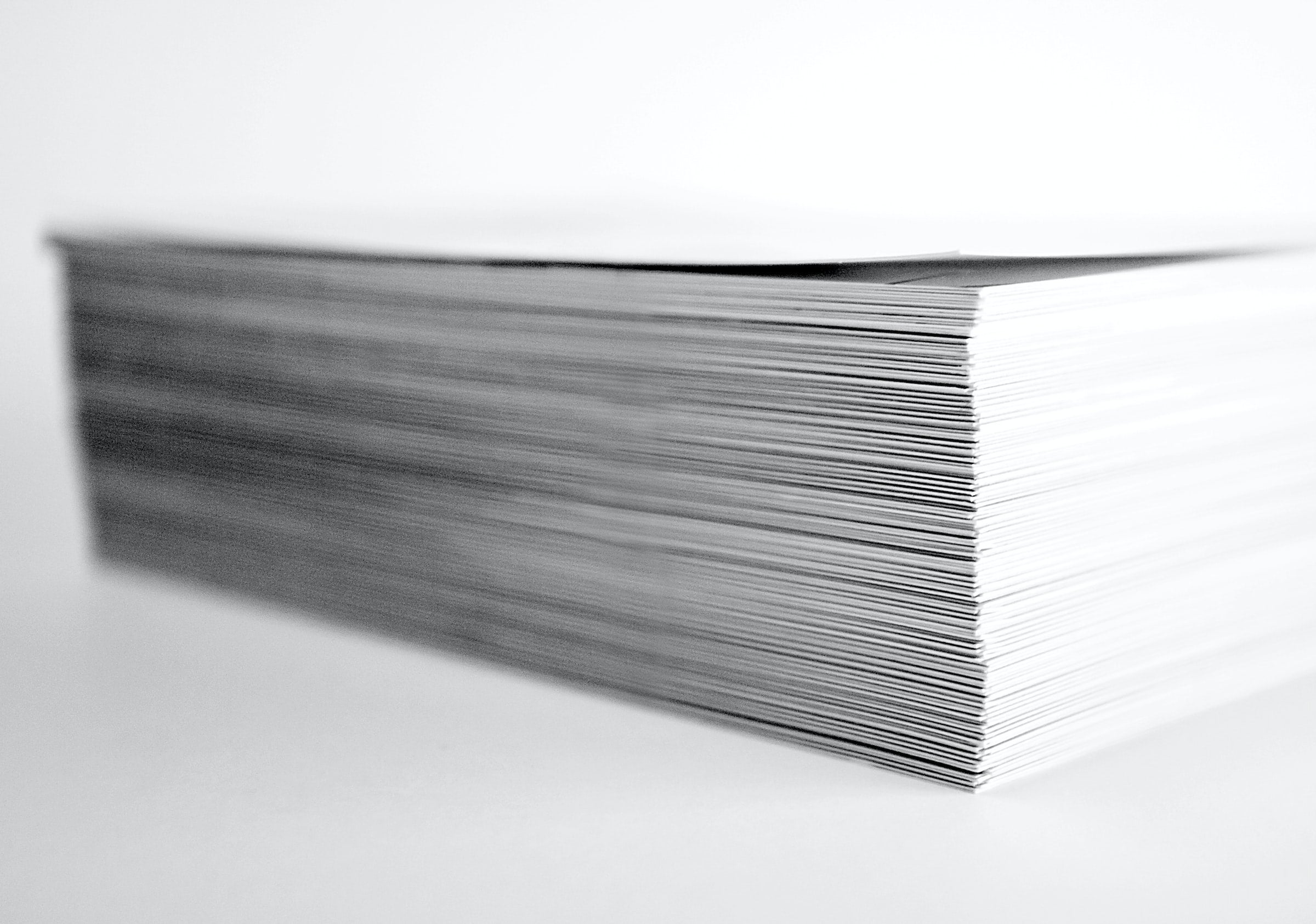If you’re like me, before the last couple of months, you probably had a vague idea of this thing called the OGL or Open Gaming License. Maybe you have downloaded some free Dungeons & Dragons content off the internet, some basic rules or whatnot. Or maybe you have purchased some “homebrew” content, a basic (or not so basic) adventure or character class writeup. These things were clearly made using D&D rules, but were not made or sold by Wizards of the Coast (WotC), the owners of D&D. But if you’re like me you probably didn’t think about it that much.
All that changed a couple months ago when WotC inexplicably threatened to take the OGL away, rewrite it actually, and make it much more restrictive and not very open at all. Amazingly, after a loud hue and cry by the community of gamers and creators who have depended on the OGL for more than 20 years now, WotC backed down. Collective action won, and the OGL is here to stay. Linda Codega is the writer who got hold of the leaked draft of OGL 1.1 and broke all of this wide open, and you should definitely follow her on Twitter.
What is the OGL?
The Open Gaming License or OGL was created in 2000 by WotC and related to Dungeons and Dragons 3rd Edition. The purpose was to allow people the option to create within the “sandbox” of D&D using elements of WotC’s intellectual property. It evolved along with the 4th and 5th Editions of Dungeons and Dragons as well. And now the WotC is developing yet another edition of D&D, it's future was up in the air.
And suffice it to say it was popular. A lot of people have used the OGL in the last 20+ years, and some have even come to rely on it as a business. Interestingly, the licence contains the legal word “perpetual” but not the word “irrevocable.” What that means in layman’s terms is that the license extends forever into the future… unless WotC decides to do away with it. Whether it is right or wrong to renege on a promise made 20 years ago, it is completely legal for them to do so. Hence many creators, and gamers who support those creators, had a sense that the sky was falling. Because it very much was.
Does the OGL matter?
Another take on this can be found from Cory Doctorow. He writes a lot about monopolies, corporate power, and the weaponization of intellectual property.
In his essay “Good Riddance to the Open Gaming License,” he makes a case that we should celebrate the demise of the OGL. Because most of the material that WotC purports to give you permission to use through the OGL is in fact NOT copyrightable (game mechanics and ideas are not protected by copyright), signing onto the OGL in fact limits creators to playing by WotC’s rules with those very ideas. It creates a trap and a cage for creators which they voluntarily chose to walk into.
The flip-side of that, however, is that whether something is actually legally protected by copyright is often beside the point. In the real world, copyright and the courts are often weaponized quite effectively by companies as big as WotC and Hasbro. If you are a small creator, and you decide to forgo operating under the OGL and just make your own stuff using these non-copyrightable ideas and mechanics, you can be completely in the right legally and still get crushed by a big company’s legal team. It’s not the law that matters so much; it’s the threat of a lawsuit.
Regardless it appears that WotC has backed down for now. The original OGL still stands, and they’ve also added an option to use material under a Creative Commons license, which is its own can of worms. But they’ve lost a lot of goodwill in this process. People online are still talking about boycotts, including boycotting the new movie coming out this year!
So what do you think? Anyone have personal experience with the OGL? Anyone boycotting D&D? Please share below!


0 comments